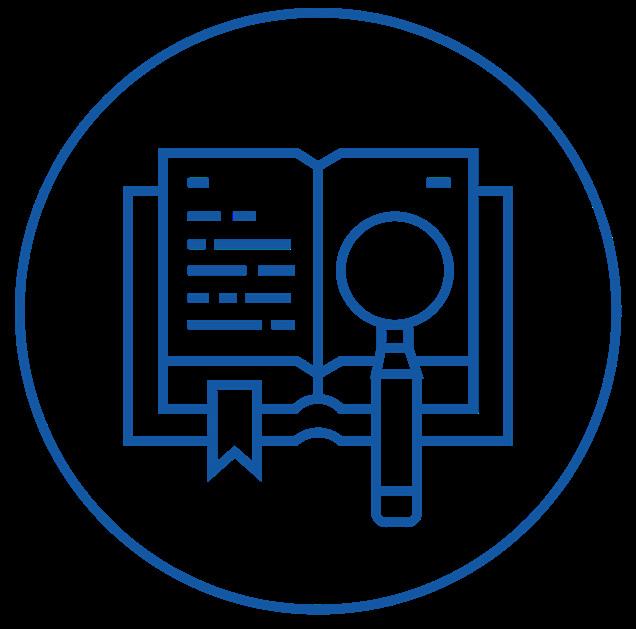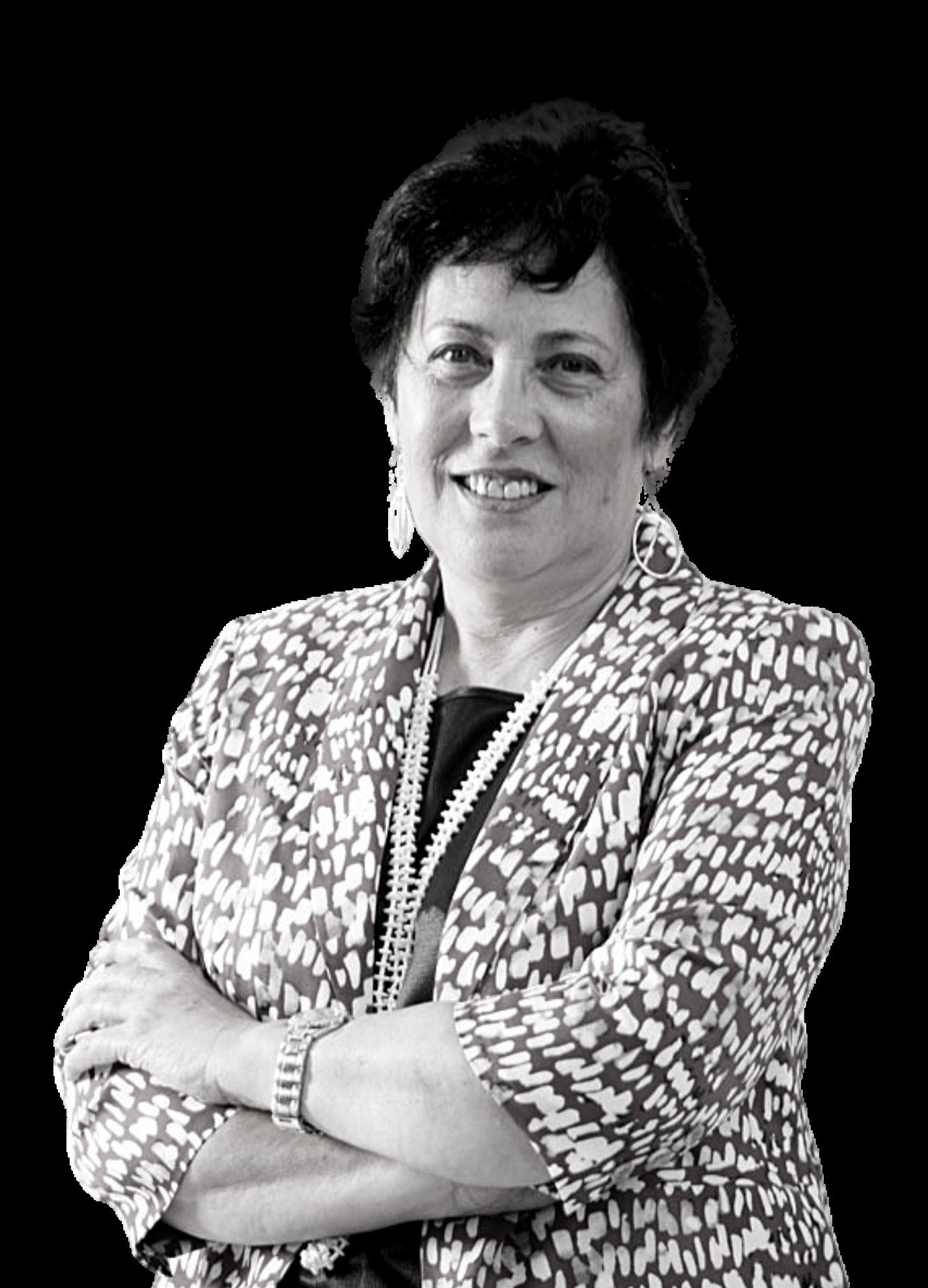
6 minute read
Community Engaged Learning & Research
pg. 11
pg. 12
Advertisement
TAYLOR BELL
Community engaged learning and research are a critical part of pedagogy within university and other academic spaces today. This practice includes experiential learning activities and research methodologies that extend from the classroom into real-world applications. This exists in many forms, including service learning, study abroad, internships, and capstone projects that occur in the greater community. Because of the value in connecting coursework to interactive community experiences, the outcomes of such programs and projects can improve society and better human connection. When done correctly, community engaged learning and research stakeholders create space for solutions of issues through knowledge sharing, defining challenges, and fostering trust and mutual understanding. Unfortunately, these positive results are not always the case, and community engaged learning and research that draw from imperialistic habits have adverse and damaging outcomes.
Colonial Background
The Merriam-Webster dictionary defines research as “investigation or experimentation aimed at the discovery and interpretation of facts, revision of accepted theories or laws in the light of new facts, or practical application of such new or revised theories or laws.” As noble as this sounds, often research has been executed from an initial foundation of Western world-views and ways of knowing. The injustices of colonization were justified through the belief that Westerners’ lifestyles and approaches to society were more enlightened and superior to those of the Indigenous peoples they displaced. Modern day research practices often unintentionally operate under this same myth, by studying marginalized
pg. 13 Community Engaged Learning & Research
communities and interpreting their cultures through selective Western theories and mentalities. Linda Tuhiwai Smith, an Indigenous Moari scholar, challenges the claim of Western research benefiting humankind. In her book Decolonizing Methodologies: Research and Indigenous Peoples she explores how “the ways and the spirit in which data were collected around the colonized world, guided by notions of classification and progressive evolution of mankind, reflected less the cultural realities of the colonized, than contemporaneous Western constructions of gender, race and class.” She argues that extreme power imbalances created by colonialism have distorted the ability for communities to define their own paradigms.
Similarly, community engaged learning, if not mindful of community-identified needs and collaborations, can follow colonial footprints by employing practices of “white saviorism.” This behavior is pervasive through programs utilizing “service projects” as avenues for community engaged learning, especially when students with more privilege and access visit underrepresented communities, often of color, and employ a savior mentality
Community Engaged Learning & Research pg. 14
accompanied by dehumanizing attitudes of condescension, pity, and paternalism. Often such “community engaged learning” is not bolstered through critical analysis of systems nor led by educators who represent the communities being visited.
Finally, among both community engaged learning and research, credibility has not yet been divested from traditional forms of Western power. Often the expertise relied on so heavily by these fields is sought after only from top-tier, majority white-led universities, multi-degreed academic scholars, and powerful governmental and corporate stakeholders. In addition, not only is this knowledge limited to Western colonial definitions of expertise, but is often made inaccessible to underprivileged communities, through digital paywalls, hefty speaker and consulting fees, or the costliness of travel.
Examples of Decolonization
Modern education and research continue to be viewed through a highly westernized lens. However, communities who hold essential knowledge and skills that have been historically disregarded are reclaiming power, and more organizations are starting to shift towards decolonization by including their voices. The following are just a couple of examples of efforts to dismantle prevailing power structures and colonial prejudices.
The BIPOC Project (https://www.thebipocproject.org) is a BIPOC (Black, Indigenous, and People of Color) led movement focused on education through solidarity as a way of combating the continued harm resulting from colonialism and white supremacy. The organization focuses on the following principles: “decolonizing stories, analyzing how power varies due to racial hierarchy, uplifting native and black

pg. 15 Community Engaged Learning & Research

Community Engaged Learning & Research pg. 16
humanity, organizing people by calling in for understanding, building into group connections and relationships, and a commitment to personal and collective healing.” The BIPOC Project incorporates these principles into half and full-day workshops that create space for group connection and anti-racist advocacy. They focus on community engaged learning that amplifies voices that historically have been silenced due to the legacy of colonization.
The Blavatnik Institute of Neurobi-
ology at Harvard Medical School is an academic institution working to improve the STEM field through its commitment to decolonized research labs and learning spaces. In order to engage in better community-building work, the institute uses ten steps outlined by Dr. V Bala Chaudhary of DePaul University and Dr. Asmeret Asefaw Berhe of the University of California in order to create anti-racist scientific labs:
“ 1. Lead informed discussions about anti-racism in your lab regularly, 2. Address racism in your lab and field safety guidelines, 3. Publish papers and write grants with BIPOC colleagues, 4. Evaluate your lab’s mentoring practices, 5. Amplify voices of BIPOC scientists in your field, 6. Support BIPOC in their efforts to organize, 7. Intentionally recruit BIPOC students and staff, 8. Adopt a dynamic research plan, 9. advocate for racially diverse leadership in science, 10. Hold the powerful accountable and don’t expect gratitude.”
These steps focus on equity practice and unlearning behaviors that have historically oppressed BIPOC educators, researchers, and experts. Through this system, individuals of privilege work to diversify thought and redistribute power, while recognizing such actions are not an opportunity for self-recognition; instead, they are necessary and critical parts of decolonized research practice. The Blavatnik Institute also emphasizes the importance of BIPOC educators and their work in academic spaces such as classroom discussions, professional conferences, research, and social media platforms.

pg. 17
Linda Tuhiwai Smith

Community Engaged Learning & Research pg. 18
Conclusion
Community engaged learning and research hold an important place in social impact and systems change. Western nations hold great access to technology and information, but achieved this through the colonization of not only land and resources, but also knowledge and culture. In order to decolonize practices of learning and research, our society must value critical education, discussion, and action when it comes to systems of oppression. It is also vital that underrepresented communities are listened to, allowed to lead out in community engagement activities, and given the opportunity to inform research and epistemology.
As stated by Indigenous researcher, Dr. Derek Kornelsen, “community engagement, when done in a decolonizing way, is very much about building genuinely respectful relationships...In this sense, decolonizing community engagement means building community — a critical mass of Indigenous and non-Indigenous people that will hold governments, institutions, and industry accountable, ensuring that Indigenous rights are understood and upheld.”









